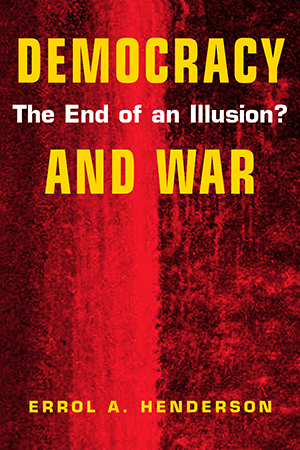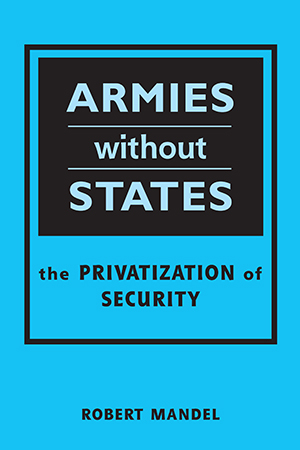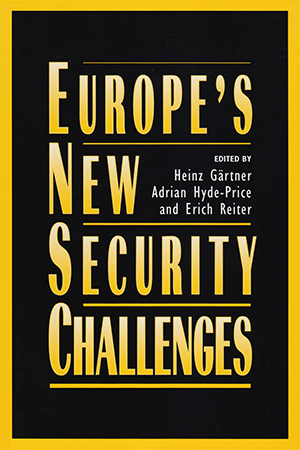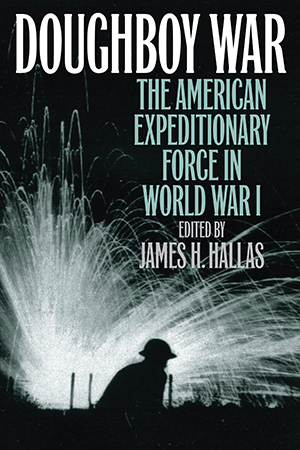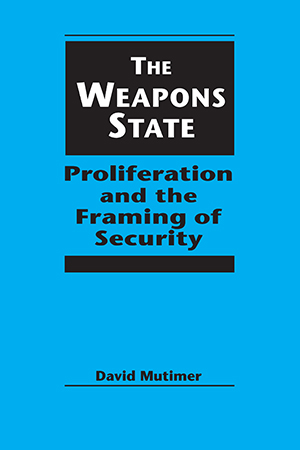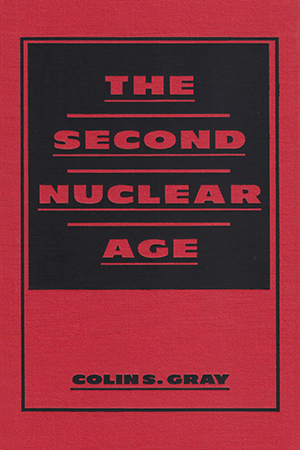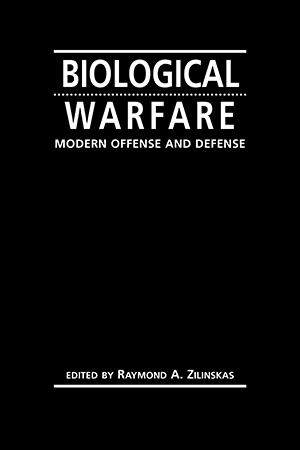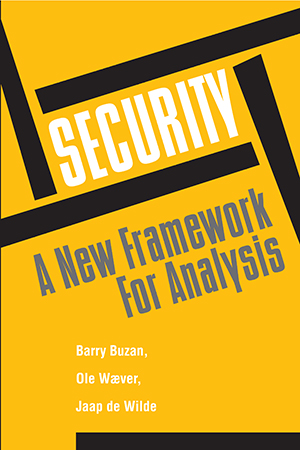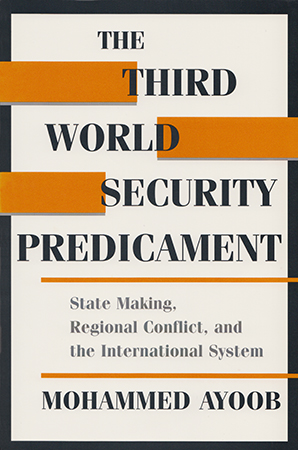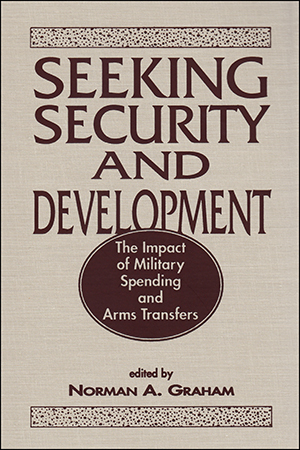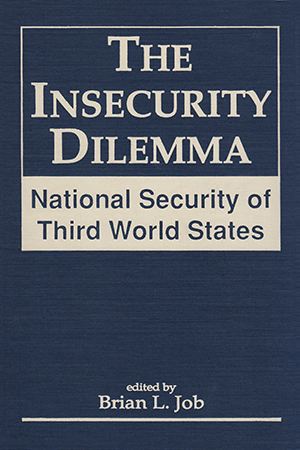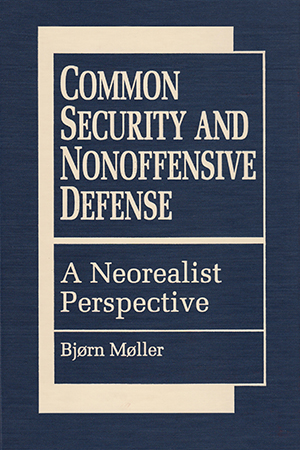Security & Intelligence Studies
Errol Henderson critically examines what has been called the closest thing to an empirical law in world politics, the concept of the democratic peace. Henderson tests two versions More >
What does the increasing use of private security forces mean for governments? For individuals? Armies Without States offers a comprehensive analysis of the varieties, causes, and More >
A central point of controversy among both academics and policymakers is the nature and significance of security in the post–Cold War world. Engaging that discussion, this original More >
Thoroughly examining the deliberations over NATO enlargement in twelve countries—five current members of the alliance; three invited to join in the first round of enlargement; two More >
This multi-layered history of World War I’s doughboys recapitulates the enthusiasm of scores of soldiers as they trained for war, voyaged to France, and finally, faced the harsh More >
The proliferation of all kinds of weapons (nuclear, chemical, biological, and even conventional) is emerging as a focal point for international security. This book shows how both the More >
Colin Gray returns nuclear weapons to the center stage of international politics. Taking issue with the complacent belief that a happy mixture of deterrence, arms control, and luck will More >
Recent revelations about Iraqi and Soviet/Russian biological weapons programs and highly publicized events such as the deployment of anthrax and botulinum by the Aum Shinrikyo sect in Japan More >
Traditionalists in the field of security studies tend to restrict the subject to politico–military issues; while wideners want to extend it to the economic, societal, and environmental More >
This book explores the multifaceted security problems facing the Third World in the aftermath of the Cold War. Ayoob proposes that the major underlying cause of conflict and insecurity in More >
Do military expenditures retard economic growth and development, enhance the development process, or neither? How effective are military and military-dominated regimes in promoting economic More >
Beginning with Mikhail Gorbachev's December 1988 announcement that Moscow intended to unilaterally reduce its conventional armed forces, the spotlight on arms control has turned away More >
Positing an "insecurity dilemma," in which national security, defined as regime security by state authorities, becomes pitted against the incompatible demands of ethnic, social, More >
Bjorn Møller explores the implications of switching to a new type of defense structure, nonoffensive defense (NOD), that would maintain an undiminished—or even More >
The second edition of this widely acclaimed book has been fully revised and updated to include: emphasis on economic, societal, and environmental aspects of security completely More >


